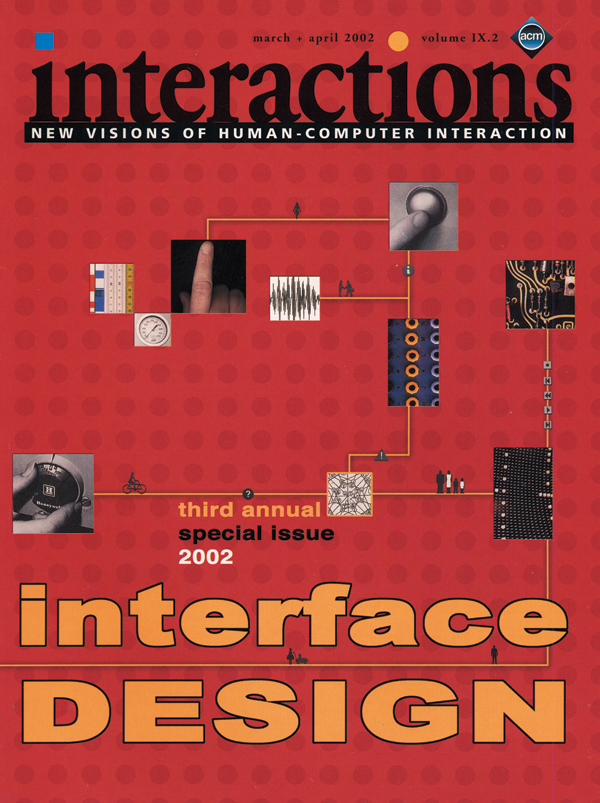Authors:
We create meaning by placing words in a context where they absorb their surroundings like herring in a sherry marinade. Use a word in a context that supports clear understanding of the intended meaning, and you make the word richer and stronger for yourself and for the time when someone else takes her turn at using it. Overlook your intended meaning, and you defocus the image—scatter the energy—of the word. Word meanings can change over time; that's all well and good. "Awful" used to mean "full of awe," and seven centuries ago "nice" meant "foolish" (some might say it…
You must be a member of SIGCHI, a subscriber to ACM's Digital Library, or an interactions subscriber to read the full text of this article.
GET ACCESS
Join ACM SIGCHIIn addition to all of the professional benefits of being a SIGCHI member, members get full access to interactions online content and receive the print version of the magazine bimonthly.
Subscribe to the ACM Digital Library
Get access to all interactions content online and the entire archive of ACM publications dating back to 1954. (Please check with your institution to see if it already has a subscription.)
Subscribe to interactions
Get full access to interactions online content and receive the print version of the magazine bimonthly.







Post Comment
No Comments Found